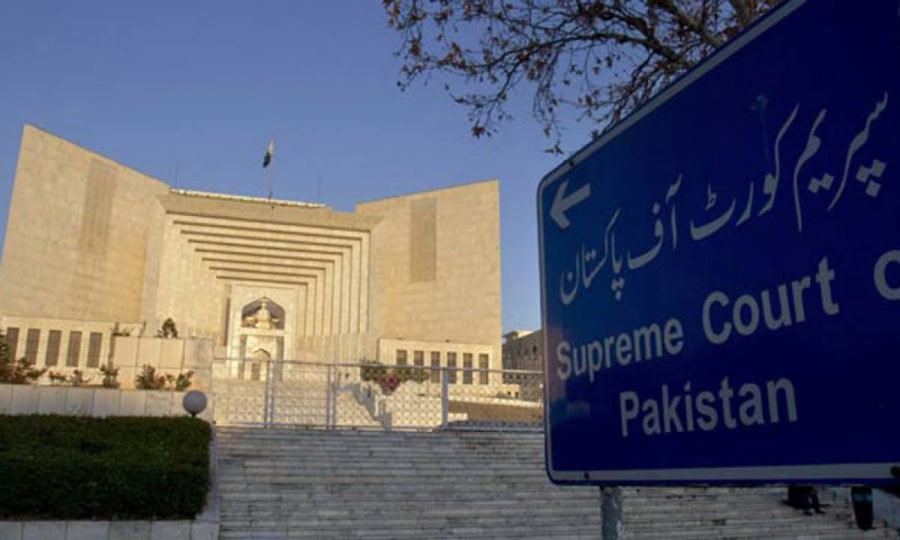ISLAMABAD – Justice Jamal Mandokhail remarked that the Army Act mentions several crimes, and according to the Act, all these crimes apply to military officers.
Justice Mandokhail gave these remarks during the hearing of an intra-court appeal against the decision to try civilians in military courts.
SC sevel-member constitutional bench, headed by Justice Aminuddin Khan, is hearing the case on military courts.
As the hearing of appeals against the trial of civilians in military courts commenced, Ministry of Defense counsel Khawaja Haris presented his arguments.
Justice Aminuddin Khan remarked, “It would be appropriate to conclude your arguments by tomorrow. Keep your discussion concise regarding which cases were transferred to military courts and why. If the judges have questions, they will be addressed at the end,”.
Khawaja Haris argued that the Supreme Court had also invalidated Section 59(4) of the Army Act. Justice Jamal Mandokhail remarked that the Army Act mentions several crimes, all of which apply to military officers.
Khawaja Haris stated that the trial of civilians falls under Section 31D of the Army Act. Justice Jamal Mandokhail responded that Section 31D pertains to inciting military personnel to neglect their duties.
Khawaja Haris argued that the Constitution recognizes military courts as well. Justice Jamal Mandokhail remarked, “The question is whose case will go to the military courts.” Justice Musarrat Hilali added, “The Constitution also validates several tribunals. The key issue is determining which cases can be heard where and how. The problem here lies in the procedure and determining who will conduct the trial.”
Justice Jamal Mandokhail questioned whether a civilian’s trial in a military court is referred to as a court-martial. Khawaja Haris replied, “A court-martial is conducted in the military courts,”
Justice Musarrat Hilali asked, “If an army officer suspends the Constitution, what is the punishment? Does the Army Act include a punishment for suspending the Constitution?”
Khawaja Haris contended that Article 6 of the Constitution prescribed the punishment for suspending the Constitution. He further argued, “Article 6 of the Constitution held supremacy over all laws, and the Army Act included the penalties for violating oaths,”.
Justice Jamal Mandokhail stated, “The judiciary has endorsed martial law in the past. Are judges also covered under Article 6 for unconstitutional actions?”
Justice Muhammad Ali Mazhar remarked that in the Pervez Musharraf case, judges were initially named but later excluded from the high treason trial.










